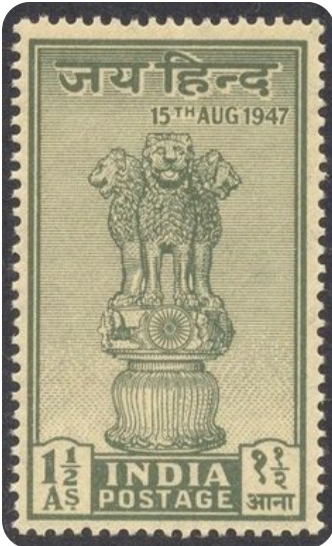Independence Day of India: Celebrating the Spirit of Freedom
Every year on the 15th of August, the entire nation of India comes together to celebrate its Independence Day. This patriotic occasion marks the day when India finally broke free from the clutches of colonial rule and became an independent nation in 1947. It is a day that holds immense importance and significance to the Indian population, as it symbolizes the hard-fought struggle for freedom and the subsequent birth of a new nation.
The history of India’s Independence Day can be traced back to the country’s long and arduous journey towards liberation from British imperialism. For almost 200 years, India had endured foreign domination, with the British East India Company gradually expanding its control over the subcontinent. However, the Indian people’s desire for independence became increasingly fervent in the 20th century, leading to a series of protests, movements, and the rise of influential leaders.
Mahatma Gandhi, fondly known as the “Father of the Nation”, played a pivotal role in India’s struggle for independence. He advocated for non-violent civil disobedience and led massive nationwide movements such as the Salt March, Quit India Movement, and the Dandi March, which aimed to challenge British authority and demand complete independence for India.
Finally, on the fateful night of August 14th, 1947, Jawaharlal Nehru, India’s first Prime Minister, made a historic speech declaring India’s independence. The next day, on August 15th, the Indian tricolor flag was hoisted for the first time at the Red Fort in Delhi, marking the official beginning of a new era.
Independence Day celebrations in India are characterized by passion, pride, and patriotism. The day starts with the President of India unfurling the national flag and delivering a speech. This is followed by the singing of the national anthem, which permeates the air with a sense of unity and devotion. The streets are filled with parades, cultural programs, and various activities that showcase India’s rich cultural heritage. Schools, colleges, and government offices organize flag hoisting ceremonies and patriotic programs, where students and citizens participate in speeches, songs, and dance performances that pay homage to the country’s freedom fighters.
In addition to the official celebrations, Independence Day is also a time for reflection and remembrance. People visit memorials, monuments, and museums that commemorate the sacrifices made by those who fought for India’s freedom. It serves as a reminder of the immense courage, resilience, and determination of the Indian people who fought against all odds to secure their rights and liberty.
Independence Day is not only a celebration of the past but also a reminder of the responsibilities and challenges that lie ahead. It serves as a platform to renew the commitment to uphold the values of democracy, secularism, and equality that are enshrined in the Indian Constitution. It is a day to celebrate diversity, unity, and progress as a nation.
India celebrates its Independence Day on the 15th of August each year. This day holds immense significance as it marks the end of nearly two centuries of British colonial rule and the birth of an independent nation. It serves as a testament to the unyielding spirit and resilience of the Indian people in their quest for freedom.
The struggle for independence in India was a long and arduous one. The Indian freedom movement was marked by numerous sacrifices, protests, and movements led by visionary leaders such as Mahatma Gandhi, Jawaharlal Nehru, Subhash Chandra Bose, Bhagat Singh, and many others. These leaders fought valiantly, pushing for self-governance and the rights and dignity of the Indian people.
The turning point in India’s fight for freedom came in 1947. On the 14th of August, India’s first Prime Minister, Jawaharlal Nehru, delivered a powerful speech declaring India’s independence. The following day, on the15th of August, the Indian tricolor flag was hoisted for the first time, signaling the birth of a new nation. This day marked the culmination of years of struggle, sacrifice, and unwavering determination.
Independence Day is more than just a commemoration of the past. It is a day to celebrate the strength, diversity, and unity of the Indian people. It is a time to reflect on the values and principles that form the foundation of our nation – democracy, secularism, and equality. It serves as a reminder that we must continue to safeguard these ideals and work towards the progress and development of our country.
The celebrations on Independence Day are marked by grandeur and national pride. In the capital city of Delhi, the day begins with the hoisting of the national flag by the President of India, followed by a speech that addresses the nation. Similar flag hoisting ceremonies take place across the country, from schools and universities to government offices and public spaces.



